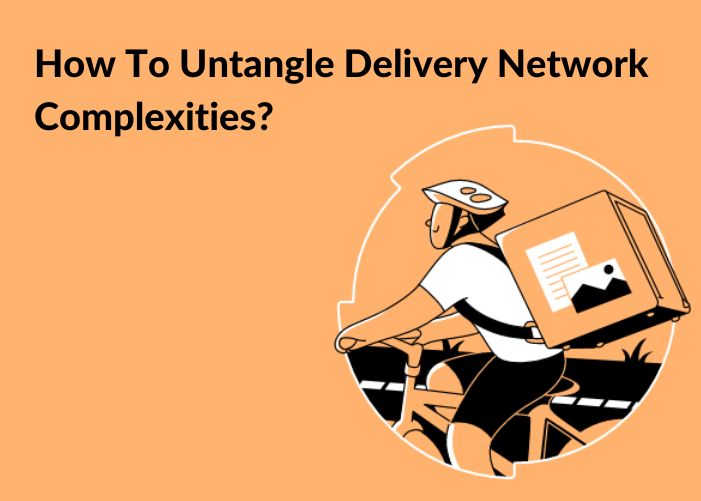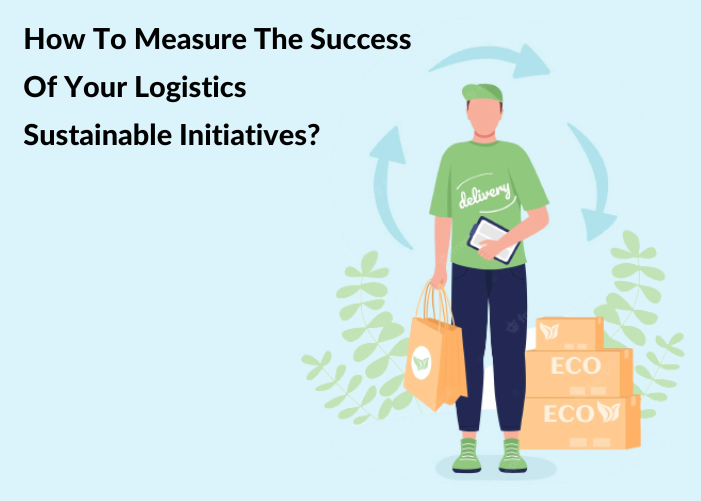Table of Contents:
1. Introduction
2. Key Initiatives
– 2.1 Route Optimization for Reduced Emissions
– 2.2 Real-Time Monitoring for Resource Efficiency
3. The Last-Mile Dilemma
– 3.1 The Environmental Impact
4. Fleetroot’s Perspective on Responsible Delivery
– 4.1 Data-Driven Decision Making
– 4.2 Predictive Analytics for Efficiency
– 4.3 Smart Monitoring for Sustainable Practices
5. Collaborative Responsibility
– 5.1 Industry Collaboration for a Greener Tomorrow
– 5.2 Educating Stakeholders for Sustainable Practices
6. The Human Element in Responsible Delivery
– 6.1 Recognition of Responsible Practices
7. Conclusion
Introduction:
In the bustling landscape of last-mile delivery, Fleetroot is leading a silent revolution, not just by innovation but also through a commitment to a greener, more sustainable future. With over five decades of collective experience in the mobility and tech domain, Fleetroot entered the scene in 2021, envisioning a future where last-mile delivery embraces responsibility towards the environment.
Key Initiatives:
Our journey towards responsible last-mile delivery is characterized by deliberate initiatives aimed at minimizing our environmental footprint.
Route Optimization for Reduced Emissions:
In the world of last-mile delivery, Fleetroot’s advanced route optimization algorithms prioritize fuel efficiency and emission reduction, ensuring minimized distances covered and a significant reduction in carbon emissions.
Real-Time Monitoring for Resource Efficiency:
Our commitment to responsible delivery is continuous. With real-time monitoring capabilities, Fleetroot enables businesses to track and optimize their delivery operations proactively, promptly identifying and addressing inefficiencies for resource savings and a more eco-friendly delivery process.
The Last-Mile Delivery Dilemma:
The last mile has always been a double-edged sword, influencing customer experience while posing significant environmental challenges. Fleetroot acknowledges this dilemma as an opportunity for positive change.
The Environmental Impact:
The surge in e-commerce has increased demand for last-mile services, resulting in higher traffic congestion, carbon emissions, and excessive packaging waste. Fleetroot sees this surge as a cost paid by the environment, driving us to address these challenges through responsible delivery practices.
Fleetroot’s Perspective on Responsible Delivery:
In the face of challenges, Fleetroot envisions last-mile delivery as a positive force for change, involving a strategic blend of technology, innovation, and a deep sense of responsibility towards the communities we serve.
Our vision extends beyond the efficient movement of goods, encompassing a holistic approach to sustainability, integrating environmental considerations into every aspect of the delivery process.
The Role of Technology in Responsible Delivery:
Technology is the cornerstone of Fleetroot’s commitment to responsible last-mile delivery, going beyond optimization to catalyze a greener, more sustainable ecosystem.
Data-Driven Decision Making:
In the quest for responsible delivery, data becomes a powerful ally. Fleetroot harnesses data analytics to make informed decisions, contributing to reducing our environmental impact, from identifying optimal delivery routes to monitoring fuel consumption patterns.
Predictive Analytics for Efficiency:
Leveraging predictive analytics, Fleetroot anticipates demand, optimizing inventory management and delivery schedules to minimize unnecessary trips and reduce overall resource consumption.
Smart Monitoring for Sustainable Practices:
Real-time monitoring is about instilling a culture of sustainability. Fleetroot’s smart monitoring tools provide businesses with insights into their carbon footprint, empowering them to adopt practices aligned with responsible last-mile delivery.
Collaborative Responsibility:
Responsible last-mile delivery requires collaboration, partnership, and a collective commitment to change. Fleetroot actively collaborates with businesses, organizations to create a shared vision for a sustainable future.
Industry Collaboration for a Greener Tomorrow:
Collaborating with industry partners drives innovation in sustainable last-mile solutions. By sharing knowledge, resources, and best practices, we aim to create a ripple effect that transforms the entire last-mile delivery landscape.
Educating Stakeholders for Sustainable Practices:
Education is a powerful tool for change. Fleetroot actively engages with its partners, clients, and stakeholders to raise awareness about the environmental impact of last-mile delivery, fostering a culture of responsibility for a broader positive impact.
The Human Element in Responsible Delivery:
Behind every delivery, route optimization, and sustainable practice, there’s a human touch. Fleetroot recognizes the role of individuals in driving responsible last-mile delivery and actively supports initiatives that empower and educate the workforce.
Recognition of Responsible Practices:
Fleetroot celebrates and recognizes businesses that actively embrace responsible last-mile delivery practices, aiming to inspire others and create a domino effect that elevates the industry as a whole.
Conclusion:
In the ever-evolving landscape of last-mile delivery, responsibility is the compass that guides Fleetroot. Our pledge to reduce environmental impact isn’t just a promise; it’s a philosophy that permeates every facet of our operations. As we navigate the green lanes of responsible delivery, we invite businesses, partners, and stakeholders to join us on this transformative journey. Together, we can reshape the last mile into a path of sustainability, leaving a positive legacy for generations to come.
FAQs:
- How does responsible last-mile delivery benefit the environment?
Responsible delivery reduces carbon emissions, and promotes eco-friendly practices, contributing to a healthier planet. - What makes Fleetroot’s approach to last-mile delivery unique?
Fleetroot integrates advanced technology with a deep commitment to sustainability, offering a holistic solution that goes beyond traditional logistics. - How can businesses collaborate with Fleetroot for sustainable last-mile solutions?
Businesses can partner with Fleetroot to explore innovative and eco-friendly last-mile delivery options through collaborative initiatives. - How does Fleetroot ensure real-time monitoring for resource efficiency?
Fleetroot’s real-time monitoring tools track delivery operations, promptly identifying inefficiencies and promoting resource savings for a more eco-friendly process. - Why is responsible last-mile delivery crucial in today’s business landscape?
Responsible delivery aligns with consumer values, enhances brand reputation, and addresses the growing environmental concerns associated with last-mile logistics. - Can businesses of all sizes benefit from Fleetroot’s last-mile solutions?
Absolutely. Fleetroot tailors its solutions to seamlessly integrate into diverse business workflows, ensuring adaptability for businesses of all sizes. - What role does technology play in Fleetroot’s commitment to responsible delivery?
Technology, including data-driven decision-making and predictive analytics, is at the core of Fleetroot’s efforts to create a greener and more sustainable last-mile ecosystem. - How can businesses stay informed about Fleetroot’s initiatives in responsible last-mile delivery?
Stay updated on Fleetroot’s website and social media channels for the latest information on our initiatives, collaborations, and advancements in responsible last-mile delivery.




